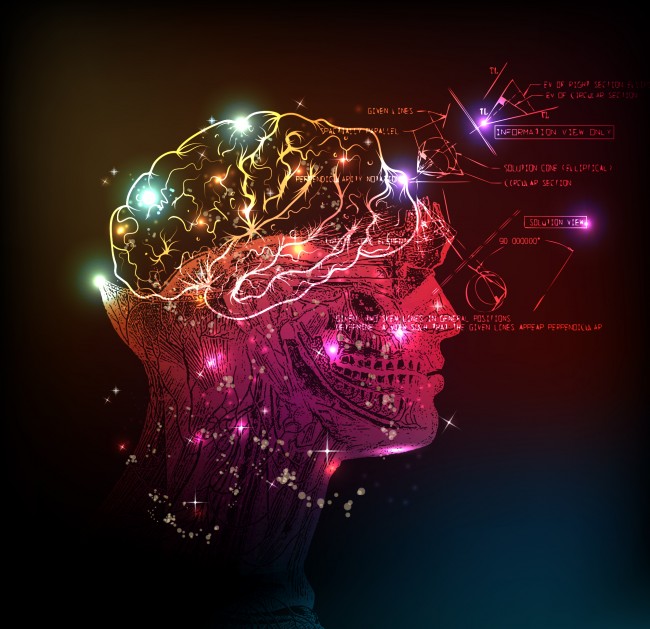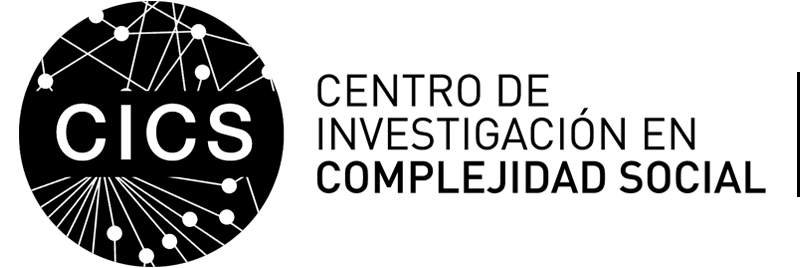Conference on Morality: Cognitive and Evolutionary Origins
Monday, 15 June, 2015 | CALENDAR, EVENTS
Santiago, Chile
July 29 – August 1, 2015
Atoms have no morality, physics has no morality—so why do humans have morality? This conference explores the cognitive foundations and evolutionary origins of moral reasoning, moral judgments, and moral emotions.
Human social life is steeped in moral concepts (right versus wrong, obligation, cheater, trustworthy, free rider), moral judgments (fair, unjust, entitled, praiseworthy, punishable, forbidden); proto-moral sentiments (empathy, altruism, disgust); and full-blown moral emotions (indignation, anger, guilt, gratitude, outrage). A new field, moral psychology, is investigating the genesis and content of these concepts, judgments, and sentiments. This lively multidisciplinary area brings together psychologists, biologists, economists, sociologists, anthropologists, political scientists, neuroscientists, primatologists, and experimental philosophers. Their research seeks to understand how people produce moral judgments (i.e., which mental and social mechanisms are involved) and why those mechanisms evolved. It brings the methods of science to bear on questions that were once the sole province of the humanities. Is morality the product of pure reason, an arbitrary social construct, or a deep expression of human nature? Do infants have moral intuitions, or are we born amoral creatures? How do moral sentiments and moral cognition shape relationships among family, friends, and romantic partners? Within groups, coalitions, communities, and nations?
A growing body of research suggests that the human mind has a rich evolved architecture, which is interlaced with mechanisms producing judgments, reasoning, and emotions that we recognize as involving morality. This new understanding is provoking scholars in the social sciences and humanities to revisit key questions. Do moral concepts, judgments, and emotions arise from religious, political, economic, legal, and cultural institutions—from churches, courts, elections, property laws, social norms, banks, marriage, and other social arrangements? Or do evolved moral sentiments shape these social institutions, defeating some and making others stable? Or both? If evolved moral emotions exist, how does this connect to moral philosophy? Does research on moral psychology enrich moral philosophy or undercut it?
It casts new light on public life too. Moral sanctioning occurs when two people interact, in group interactions among many, and when groups interact with one another. It arises when people watch and judge third parties, and works its way up to the whole of society. Morality is the basis upon which political doctrines are built, making morality the cornerstone on which public policies rest. This makes research on the psychology and biology of morality relevant to political debates, social dilemmas, value considerations, religious disputes, and other topics which currently attract public attention.
Given the subject’s importance, touching everyday current problems which go beyond pure science, the conference’s organizers conceived this meeting as a unique occasion to explore the current state of that research program, through talks and discussions from some of its major contributors and participants. The speakers, drawn from the US, South America, Europe, and Asia, include the following scholars.
- Karen Wynn (Cognitive Development, Yale University). Topic: “Developmental Origins of Reciprocity”.
- Daniel Sznycer (Evolutionary Psychology; University of California, Santa Barbara). Topic: “Economic redistribution and the logic of zero-sum interactions”.
- Michael Bang Petersen (Political Science, Aarhus University, Denmark). Topic: “The design of the political mind”
- Debra Lieberman (Evolutionary Psychology, University of Miami). Topic: “Microbes, mating, and morality: How and why disgust informs our moral psychology.”
- Ricardo Andrés Guzmán (Behavioral Economics, Universidad del Desarrollo, Chile). “A theory of just market exchange: Where moral psychology meets moral philosophy”.
- Andrew Delton (Evolutionary Psychology; Stonybrook University). Topic: “Has natural selection created a specialized psychology for collective action?”
- Leda Cosmides (Evolutionary Psychology, University of California, Santa Barbara). Topic: “What questions do people ask in moral psychology?”
- Pascal Boyer (Cognitive Anthropology, Evolutionary Psychology; Washington University at St. Louis). Topic: “Folk•economic beliefs and evolved morality”.
- Nicolas Baumard (Evolutionary Psychology, Cognitive Development; CNRS Paris). Topic: “The evolution of fairness”.
- Jean-Baptiste André (Evolutionary Biology, Institute for Evolutionary Sciences, Montpellier CNRS France). Topic: “The evolution of cooperation through partner choice”.
- Paul Bloom (Cognitive Development, psycholinguistics; Yale University). Topic: “Moral emotions and moral reasoning”.
- David Buss (Evolutionary Psychology; University of Texas, Austin). Topic: “The evolution of sexual morality”
- Jean Decety (Social Neuroscience, University of Chicago). Topic: “The complex relation between empathy and morality”.
- Diego Gambetta (Sociology & Political science; European University, Turin, Italy). Topic: “Keep your friends close and your hostages closer. Trust in unpromising situations”
- Max Krasnow (Evolutionary Psychology; Harvard University). Topic: “Looking under the hood of human cooperative behavior reveals design for a small scale social world”.
- Michael Munger (Political Science, Duke University). Topic: “Voluntary or Euvoluntary? Unconscionable bargaining power, human nature, and moral philosophy.”
- Carlos Rodriguez-Sickert (Behavioral Economics, Universidad del Desarrollo, Chile). Topic: How behavioral economics can inform moral psychology
- John Tooby, (Evolutionary Psychology; University of California, Santa Barbara). Topic: “Groups in Mind: The Evolutionary Origins of Morality”
- Toshio Yamagishi (Social Psychology, Sociology, & Behavioral Economics, Emeritus, Hokkaido University, Japan). Topic: “Self-control for Self-interest”;
It will be carried out during a four day period (July 29 – August 1), with 40 minute talks followed by 20 minute discussions. There will be plenty of time for coffee break and lunch interaction, so that attendants will be able to immerse themselves in the analyzed topics and participate in interesting informal debates.
This event has been possible due to the invaluable enthusiasm and cooperation of Leda Cosmides, John Tooby and Pascal Boyer, who have assembled an impressive group of scientists to the far away but intellectually and evolutionarily busy Santiago, Chile’s capital town. It is being organized by the Science and Evolution Foundation, the Center for Research on Social Complexity (CICS) at Universidad del Desarrollo, the Laboratory of Evolution and Interpersonal Relationships (LERI) at Universidad de Santiago de Chile, and the CEP think-tank, (Center for Public Policies), all of them based in Santiago, and the Center for Evolutionary Psychology at University of California, Santa Barbara.
Where:
July 29 only: 17:00 talks and reception at Centro de Estudios Publicos (Calle Nuncio Monseñor Sotero, S 152, Providencia, Santiago, Chile)
July 30-August 1 (10:00-18:40): Hotel Director Vitacura (Av. Vitacura 3600, Vitacura, 8320000 Santiago, Chile)
To register and for information, monitor the website of the Center for Research on Social Complexity (https://complejidadsocial.udd.cl/)
In the meantime, email Dr. Joel Thurston of the UCSB Center for Evolutionary Psychology for questions. He can also send you a copy of this program with active weblinks: [email protected].




